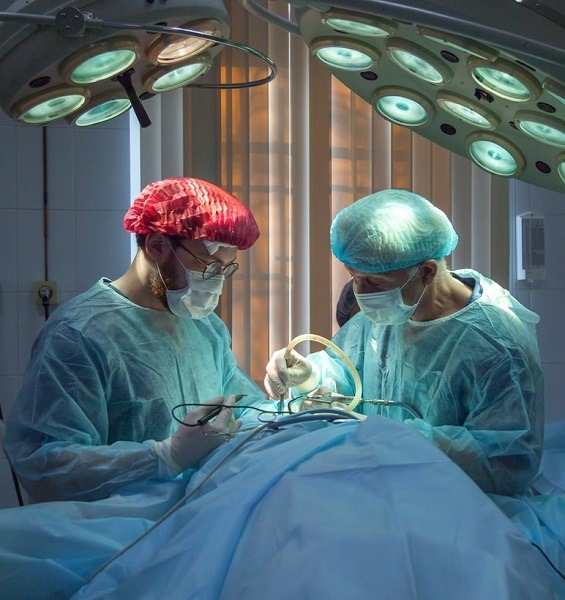Blood clots can happen to anyone at any time. Many things can make you more at risk for blood clots. This is especially true for those who have to have surgery. Knowing who is more at risk of developing them is essential. Also, you need to do background checks with the surgeon as well as the surgical technologist who will perform the surgery just to make sure you’re in good hands.
With information on risks after surgery and those at risk due to other causes, you can find out how at-risk you are. Consider this information before having surgery to ensure that you are prepared.
Risks After Having Surgery
Your chances are higher for getting a blood clot after surgery. You are the highest at-risk between two and ten days after having the surgery. Even after ten days, you are still at risk, though. You are the most at risk after surgery for up to three months.
This means you should remember to keep moving as much as possible. Suppose your surgery requires you to rest for recovery with minimal movement. In that case, the doctor will likely prescribe blood-thinning medications and compression socks or a machine that helps to keep the blood flow moving through your body. All of these will help to prevent blood clots from happening.
If you’re having Baton Rouge plastic surgery, it is important to know more about blood clots and how at-risk you are to have them. This will help you identify and take care of the issue before something serious, even death, occurs due to the clots.
Listen to your healthcare provider regarding aftercare instructions. You want to follow them, especially those outlined to prevent embolisms from happening. These directions can be life-saving by reducing the chances of developing a blood clot in your body.
Why are You More at Risk After Having Surgery?
Those who have had surgery are more at risk, not because of their background but because of their inactivity. This inactivity of resting after having surgery causes blood clots to form. Being able to get up, move, or use something that helps circulate your blood is important. This will reduce and hopefully prevent blood clots from happening.
This is not just true after surgery, though. Those who are inactive for other reasons can also find themselves dealing with blood clots or the risks of developing them. This is why it is important to always keep active. When you have your blood pumping, you’re helping to keep clots from forming by having sedentary blood sitting in your veins.
Knowing additional risk factors that can increase your chances can be helpful. Read on to learn more about the additional factors to determine if you’re more at risk for having an embolism happen.
Additional Risk Factors
There are additional risk factors that can make some people more at risk than others. This is true for those who don’t even have surgery. They can still be largely at risk for developing blood clots due to these issues. Here are other factors that can put you at a higher risk level for blood clots, though there are many others that might also be risk factors.
- Those who are overweight or obese
- Pregnant women
- Anyone who is immobile and those who sit for longer periods
- Smokers
- Women taking oral contraceptives
- Those with certain cancers
- Any trauma to the body
- There is an increased risk for anyone over the age of 60
- Having a family history of blood clots
- Having a history of chronic inflammatory diseases
- Having diabetes, high blood pressure, or high cholesterol levels
- Having a prior central line placement
However, it is important to note that anyone can get a blood clot. You do not have to fit into any of these categories. Sometimes the conditions have to be right to have it happen. Ensure more about your history and risk factors associated with blood clots before having surgery. Knowing if you’re more at risk is important.
You must speak with your healthcare provider regarding embolisms after having surgery. This can put your mind at ease and help you learn more about what to expect should a blood clot happen. It can be scary but with the right information, it doesn’t have to be. Recognize the signs early and get the help you need.
Recognizing the symptoms, acting fast, and finding help as soon as possible when you think you might have a blood clot is important. This can help you save your life or even your limbs. Stay safe after surgery and any other time with blood clot information and any help from your healthcare provider.

